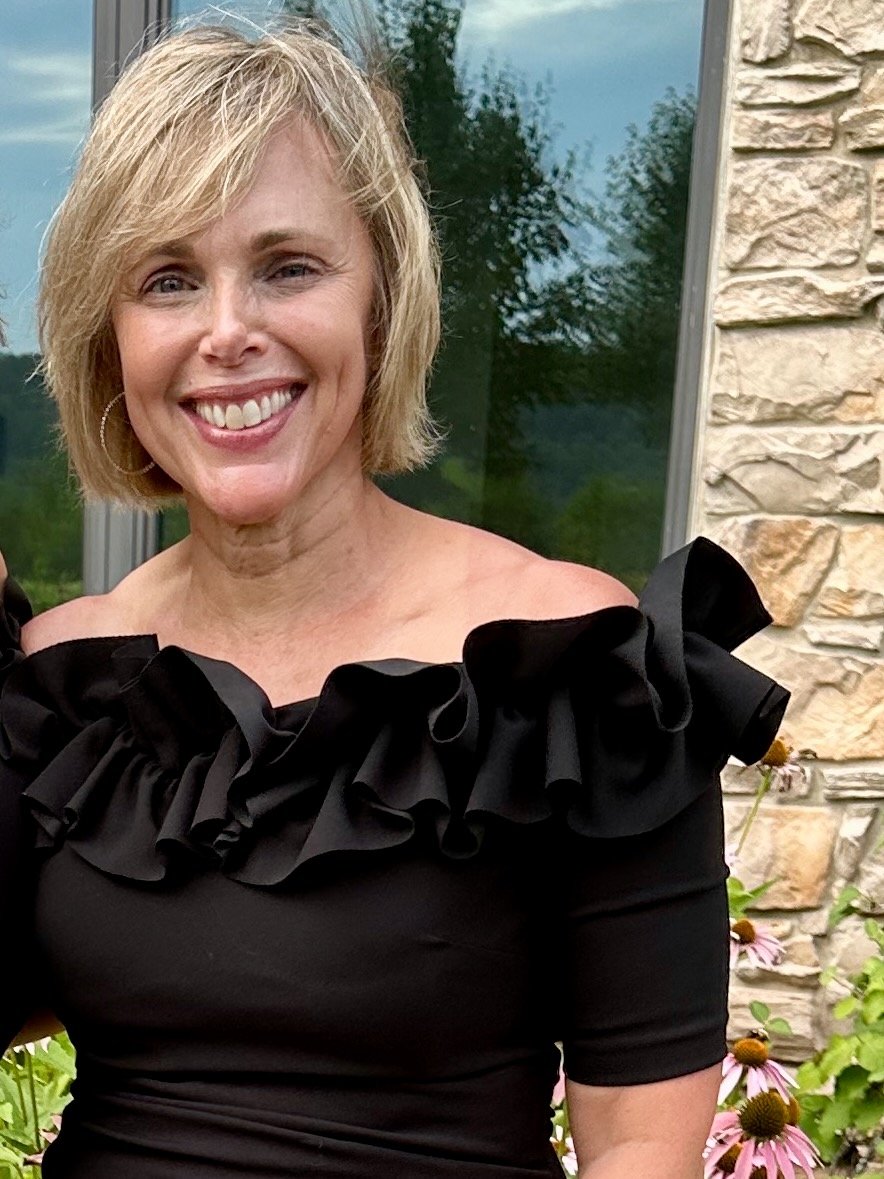As the college application season for Fall 2025 approaches, it’s essential to stay informed about the specific requirements of the colleges you're applying to.
One important component of the Common Application that some colleges and universities require is the Courses and Grades Report (CGR), a self-reported transcript in which students input their high school courses, grades, and other academic information directly into the Common Application. This allows colleges to evaluate academic performance without initially requiring an official transcript. Many universities use the CGR to streamline the application process.
Since the CGR is part of the Common Application, there’s no need to create a separate account. You’ll be able to see which colleges you are applying to require the CGR.
A similar report is called the Self-reported Transcript and Academic Record System (STARS), which used to be called the SRAR. Some colleges that use the Common Application require the STARS but it is a separate platform. You can create your STARS account here.
How to Complete the CGR and STARS
Have Your Transcript: We can’t overstate the importance of having your transcript in front of you as you fill out the CGR and STARS. Please note a transcript is different than a report card. Your transcript should have all of your final grades from 9th to 11th grade.
Pay Attention to Details: Input your information exactly as it appears on your transcript.
Include All Coursework: Don’t forget to include all high school courses, even if, like the first year of a foreign language, they were taken in middle school or outside of the regular academic year.
Check for Accuracy: Double-check your entries before submitting. Even minor errors can delay the processing of your application or raise questions about your integrity. The college you attend will receive your final 9th to 12th grade transcript at the end of your senior year. Discrepancies in the CGR/STARS and your transcript can result in your acceptance being rescinded.
Seek Guidance if Needed: If you have questions about how to report specific courses or grades, reach out to your school counselor or the admissions office of the college you're applying to. It's better to clarify any uncertainties than to make mistakes.
Pay attention to each college’s deadline: Since the CGR is a section of the Common Application, you won’t be able to submit your application until it’s completed. The STARS is usually due after the college’s application deadline. Make sure you submit it on time. Submitting it late may result in an Early Action application being deferred to Regular Decision and a Regular Decision application not being considered at all.
COLLEGES AND UNIVERSITIES THAT USE THE STARS INCLUDE:*
*Check the websites of the colleges on your list for updated information and accuracy.
Baylor University (TX) – optional (website: “highly encouraged”)
Clemson University (SC) -- required
Duquesne University (PA) – optional
Florida A&M University – required
Florida Atlantic University -- required
Florida Polytechnic University (NOT Florida Tech) – required
Florida State University -- required
Kean University of New Jersey -- required
Louisiana State University – optional
Montclair State University (NJ) – required
New College of Florida -- optional
New York University – required
Pennsylvania State University -- required
Rutgers University (NJ, Camden, New Brunswick and Newark) – required
Temple University (PA and Japan campus) – optional (website: “highly encouraged”)
Texas A&M University – required
United States Air Force Academy (CO) -- required
University at Buffalo (NY) – optional
University of Connecticut – optional
University of Delaware – required
University of Florida – required
University of Massachusetts Amherst – optional (website: “highly encouraged”)
University of Minnesota Twin Cities – required; also uses CGR
University of New Hampshire -- optional
University of North Florida -- required
University of Oregon – also uses GCR
University of Pittsburgh (PA) – required
University of Rhode Island -- required
University of South Florida – required
University of Tampa (FL) -- optional
University of Tennessee Knoxville – required
University of Texas, Arlington and San Antonio campuses – required
University of West Florida -- required
Virginia Polytechnic Institute and State University (Virginia Tech) – required
COLLEGES AND UNIVERSITIES THAT USE THE CGR INCLUDE:*
*Check the websites of the colleges on your list for updated information and accuracy.
American College of Thessaloniki (Greece)
American University of Rome (Italy)
Amherst College (MA)
Andrews University (IN)
Arizona State University
Ave Maria University (FL)
Baker College (MI)
Bethel University (TN)
Brescia University (KY)
Brunel University London (UK)
California College of ASU (CA)
Carl Sandburg College (IL)
Carnegie Mellon University (PA)
Chapman University (CA)
College of Saint Mary (NE)
Edinburgh Napier University (UK)
EHL Hospitality Business School (Switzerland)
Elizabeth City State University (NC)
ESCP Business School (France)
Eureka College (IL)
Gardner-Webb University (NC)
Gordon College (MA)
Goshen College (IN)
Hampton University (VA)
Jack Kent Cooke Foundation
Leeds Beckett University (UK)
Life University (GA)
Lincoln University of Pennsylvania
List College of JTSA (NY)
Loyola Marymount University (CA)
Manor College (PA)
McDaniel College (MD)
McKendree University (IL)
Methodist University (NC)
Midway University (KY)
Milligan University (TN)
Milwaukee Inst of Art/Design (WI)
Montreat College (NC)
Morehouse College (GA)
Newberry College (SC)
North American University (TX)
Northern Arizona University (AZ)
Oklahoma Baptist University (OK)
Oregon Tech (OR)
Pitzer College (CA)
Prescott College (AZ)
Purdue University (IN)
Saint John’s College (MD)
Saint Vincent College (PA)
Shanghai Jiao Tong U Global C (China)
South Carolina State University (SC)
Stanford University (CA)
Sweet Briar College (VA)
Taejae University (South Korea)
Tecnologico de Monterey (Mexico)
University of Aberdeen (UK)
University of Alaska Fairbanks (AK)
University of Arizona (AZ)
University of Charleston (WV)
University of Dundee (UK)
University of Glasgow (UK)
University of Guelph (Canada)
University of Hartford (CT)
University of Limerick (Ireland)
University of Minnesota Twin Cities
University of Missouri Kansas City
University of New Mexico
University of Oregon
University of Roehampton (UK)
University of Southern California
University of the West of England, Bristol (UK)
University of Washington (Seattle, Bothell, Tacoma)
University of Wisconsin (Madison and Stout)
University of Worcester (UK)
Xavier University of Louisiana





